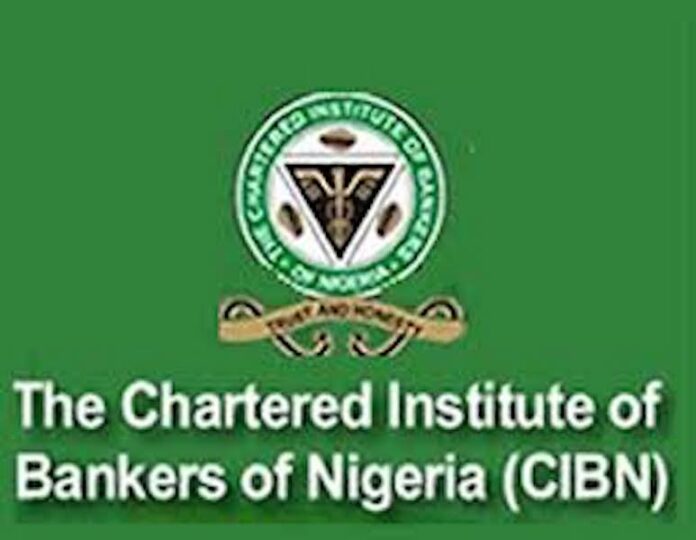Lagos, Oct. 21, 2023 (NAN) The Chartered Institute of Bankers of Nigeria (CIBN) has called on banking professionals and leaders to chart a course that would leverage the vast potential inherent in Nigeria’s economy.
The President/Chairman of Council, CIBN, Dr Ken Opara, made the call at the 2023 Fellowship Investiture of CIBN on Saturday in Lagos.
He noted that in a rapidly changing world, the success of nations was often determined by their ability to harness their inherent strengths and overcome their challenges.
The event had the theme “Harnessing Nigeria’s Economic Potentials for Growth and Development: Strategic Imperatives,’’.
According to him, Nigeria, with its abundant human and natural resources, possesses incredible economic potential.
The CIBN president noted that inequality, in terms of income and opportunities, had remained high and had adversely affected poverty reduction.
“Lack of job opportunities is at the core of high poverty levels, regional inequality, and social and political unrest.
“High inflation has also taken a toll on household’s welfare, pushing more people into poverty.
“Given these numerous challenges, it is abundantly clear that our journey toward harnessing Nigeria’s economic potential for growth and development is marked by both promise and complexity.
“Addressing these challenges requires visionary leadership and collaborative efforts to transform adversity into opportunity.
“The path ahead demands resilience, creativity, and a commitment to shaping a brighter future for our country.
“Hence, it is incumbent upon us, as banking professionals and leaders, to chart a course that leverages the vast potential inherent in our nation’s economy.
“We must explore innovative strategies and approaches that will drive sustainable growth, foster development, and ultimately uplift the lives of all Nigerians,’’ Opara said.
However, he said that unlocking these potentials would require strategic imperatives that would go beyond mere recognition; adding that it would demand deliberate action and innovative thinking.
He said , “According to data released by the World Bank, Nigeria remains Africa’s largest economy with $477.4 billion dollars in GDP.
“While Nigeria has made some progress in socio-economic terms in recent years, its human capital development ranked only 150 out of 157 countries in the World Bank’s 2020 Human Capital Index.
“The country continues to face massive development challenges, including the need to reduce its dependence on oil for exports and revenues, diversify its foreign exchange sources, close the infrastructure gap, build strong and effective institutions, address governance issues, and strengthen public financial management systems.’’
Prof. Joseph Nnanna, Chief Economist, Development Bank of Nigeria Plc., while speaking on the theme, said that the multidimensional concept of growth and development encompasses far more than mere economic indicators.
“Nigeria’s overreliance on oil exports has rendered its growth trajectory susceptible to endogenous and exogenous shocks in global oil prices, leading to economic instability.
“However, amidst these challenges lies a path forward, through strategic imperatives that can unlock Nigeria’s vast economic potential.
“Economic diversification emerges as a crucial avenue, leveraging the untapped potential of non-oil sectors to promote inclusive sustainable growth.
“Also, human capital development takes Centre stage, acknowledging that education and health are at the core of economic growth.
“Lastly, infrastructure development stands as another cornerstone, underscoring the importance of building a modern and efficient infrastructure network,’’ he said.
These strategic imperatives, Nnanna said, were not standalone solutions and would need to be complemented with addressing policy implementation, resource allocation, corruption, and leadership.
“In doing so, Nigeria can move beyond the constraints of its past, harness the strength of its resources, and emerge as a beacon of inclusive growth and development on the African continent,’’ he stressed.
NAN reports that a total of 449 individuals were conferred awards at the event, which includes 20 Honorary Fellows (including one Posthumous Award), 154 Elected Fellows and 275 Honorary Senior Members.




